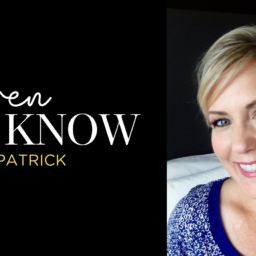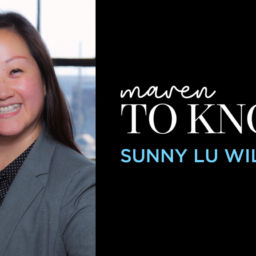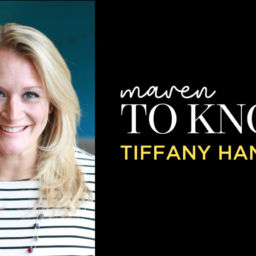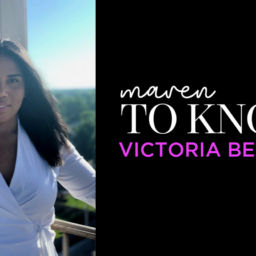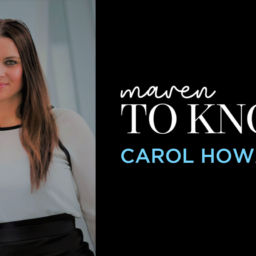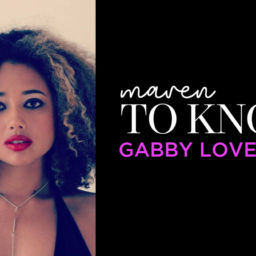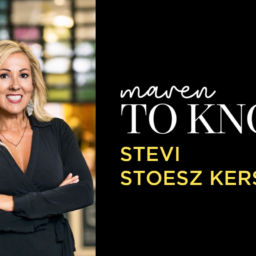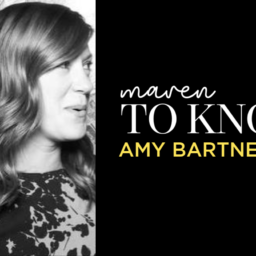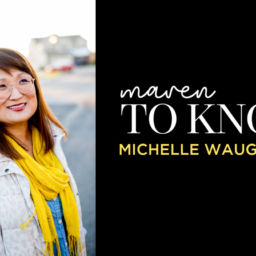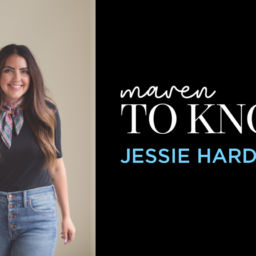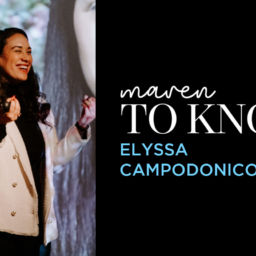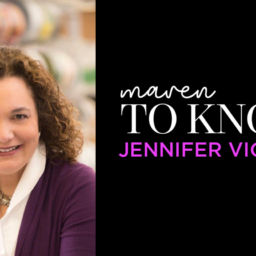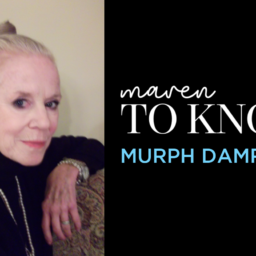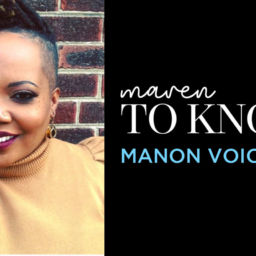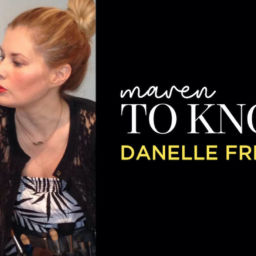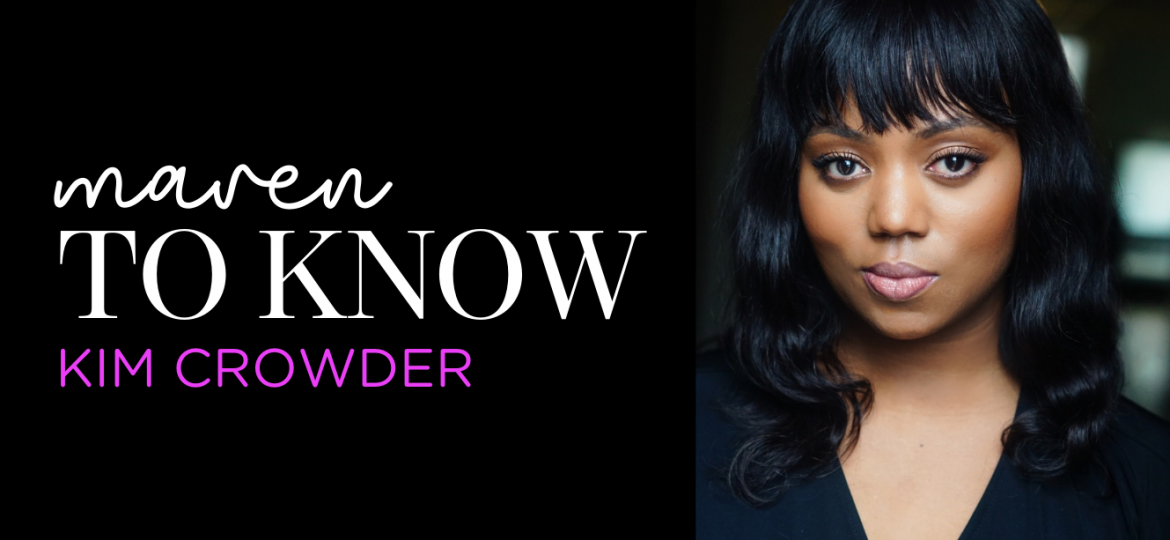
Maven to Know: KIM CROWDER, PRESIDENt & CEO, KIM CROWDER CONSULTING
Kim Crowder has something most Hoosiers don’t—recognition from Forbes.
The CEO and president of Kim Crowder Consulting was named an Anti-Racism Educator Your Company Needs Now by Forbes in June 2020. After working in the corporate world for more than a decade, she branched out and established her own consulting firm in 2017, where Crowder currently provides companies with diversity, equity, and inclusion consulting.
“Diverse voices weren’t being included,” Crowder says. “Nor were diverse interests being taken into account in the workplace.”
We chatted with Crowder about how people can educate themselves on racism, what it was like being featured by Forbes twice, and the best question she’s ever been asked.
Maven superpower: I’m resilient. And in that resilience, I’ve learned to be scrappy as an entrepreneur.
What was it like being featured by Forbes twice?
Something like that is always exciting. I think, particularly, the second one because I was featured by someone who’s a PhD who does this work as well. And that was a surprise feature—I did not know that was going to happen. I think that particularly felt really good. For me, I’m always a “consider the source” person. And considering the source, that was great.
Your consulting firm has really taken off. What would you say to someone who feels like their voice isn’t being heard?
It’s frustrating. The only thing I can say is keep talking. Keep saying and doing what is right even when you feel like no one is listening. I think we might be surprised at who is listening and who may help us carry something forward at any given moment.
You touched a lot on people needing TO educate themselves FIRST TO BETTER understand racism. What are some books people can read to educate themselves?
How to Be An Anti-Racist by Ibram X. Kendi is an absolute standout for me and I am actually reading it now. Also, Austin Channing Brown I’m Still Here: Black Dignity in a World Made for Whiteness is a great one as well. I want to encourage everyone to deliberately read books by people who identify differently than they do. That includes race, gender, ethnicity, varied age groups, etc. We need to normalize the value of learning from others and truly listening to their experiences. To be specific, read books written by people of those actual backgrounds, particularly reading books written by people of color, whether fact, fiction, sci-fi, and honor those stories and learn from them.
How can employers address these disparities with their employees?
There’s no short answer for that. And the reason why is that a lot of that is hinged on what is already happening in the company. I would say companies likely need to start in a place where they do hire an expert to come in and support them as they are figuring out what that looks like or what it should look like or could look like for their workplace.
As a speaker, what is the best question you’ve ever been asked?
I can’t say I remember one particular question that stands out, but I can tell you that the questions I enjoy most are ones in which a person of color asks for support as they are working through an issue at work. The reason I love these is because they have often been holding on to some sort of frustration or pain, and by asking, I am able to validate and encourage them. There’s no other feeling like it!
What is your favorite way to clear your head and relax?
I have just taken up riding my bike. There’s a group of women called Black Girls Do Ride, and it’s the Indianapolis Chapter. Like yesterday. Movement for my body is a way that I really deal with stress. Or sometimes I watch like mindless TV or spend time with people I love.
What’s the best advice you’ve ever received?
I’ve received so much amazing advice over the years, some directly and indirectly from reading and watching others. I’ll say that the advice that has led me to follow my dreams came by way of my dad. I was in a work situation in which I wasn’t being treated well and was completely disregarded as equal and important. My dad questioned why I felt it was okay for everyone else to be comfortable and taken care of but didn’t demand that for myself. It was eye-opening. From that day, moving forward, I changed my perspective and owned the fact that I have the right and am valuable enough to have boundaries in the workplace, and should expect to be treated well, too.
I would just encourage people to continue to follow their own journey around anti-racism. And don’t allow the media cycle to dictate how involved you’re going to be in your anti-racism journey. That you make that commitment to yourself and move that forward little by little every day.
Samantha Kupiainen is a regular Indy Maven contributor.
Want to be featured as a Maven to Know? Sign up for our Membership Program—we’d love to have you! See all the Maven to Know features we’ve shared so far.







